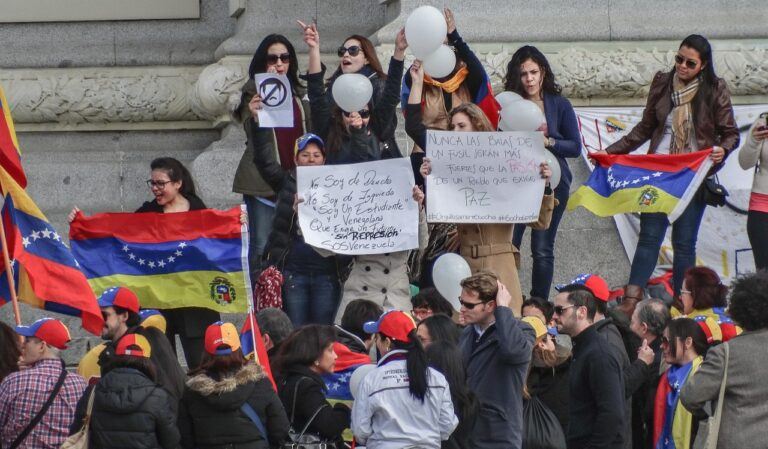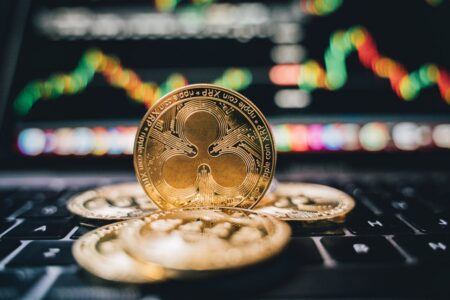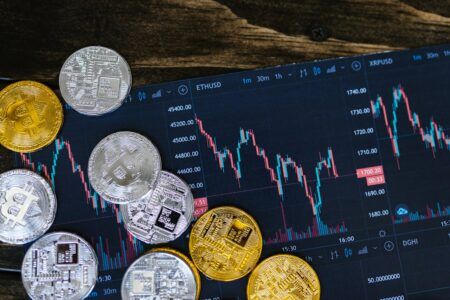Carlos Hernández, a Venezuelan citizen and economist, recently revealed that he “keeps all [his] money in bitcoin.” Hernández explained that he does not own any Bolivars, Venezuela’s official fiat currency – as it reportedly suffered from a daily inflation rate of 3.5 percent and an annual inflation rate of 1.7 million percent (during 2018).
Hernández mentioned in his detailed opinion piece (published in the New York Times on February 23) that he doesn’t “have a bank account abroad, and with Venezuela’s currency controls, there’s no easy way for [him] to use a conventional foreign currency like American dollars.”
$6.9 Million Worth Of Bitcoins Traded In A Week
He added that before purchasing milk or any other item, he goes through the various listings on peer-to-peer (P2P) digital asset exchange, LocalBitcoins. When Hernández finds a good rate for his bitcoins, he accepts the offer and then exchanges his cryptocurrency for Bolivars via a wire transfer, using a bank that both him and the buyer transact with.
Hernández noted in his post that the local market for bitcoins “broke a record” on April 17, 2018 as it skyrocketed to $1 million worth of total trading in only 24 hours. Moreover, the South American nation of Venezuela is currently ranked second (worldwide) in terms of total trading volume recorded on LocalBitcoins. During the week ending on February 16, 2019, Venezuela’s residents traded approximately $6.9 million through LocalBitcoins alone, according to data from Coin Dance.
Commenting on the BTC trading activity, Hernández wrote:
That’s saying something for a country in its fifth year of a recession, whose economy contracted by some 18 percent in 2018.
He added that he does not convert “too many” bitcoins at one time – as Venezuela’s government closely monitors transactions in Bolivars. Any amount over $50 that is sent or received could be “automatically frozen” by the country’s authorities, Hernández noted.
“No Evidence” Of Petro Being Used, First Bitcoin ATM Arrives
With the help of bitcoin, Hernández says he is able to cover his household’s expenses. Notably, the Venezuelan economist revealed that his father is a government employee at a printing press and only earns the equivalent of $6 per month in salary. Meanwhile, his brother managed to “escape” Venezuela last year with the help of cryptocurrencies, Hernández wrote.
As CryptoGlobe reported in late August 2018, an extensive four-month-long investigation by Reuters found that there was “no evidence” of the nation’s controversial Petro cryptocurrency being used anywhere. Local residents told the reporting agency that the Petro was not being used for local or international transactions. While Venezuelans may not trust their government or its cryptocurrency, the first ever Bitcoin ATM (BTM) recently arrived in the country. Venezuela’s citizens have also been using other cryptocurrencies such as dash – in order to pay for everyday goods and services.









